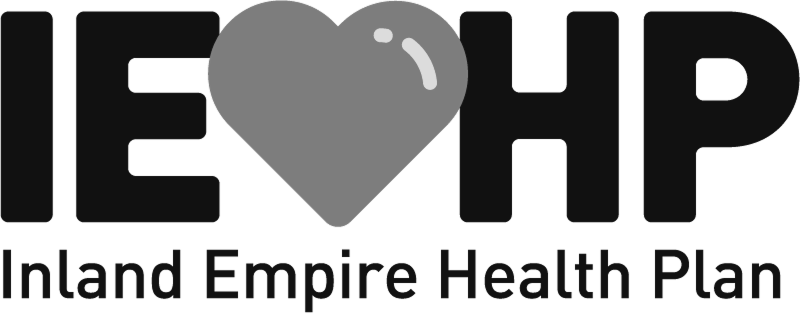Comprehensive mental health care, powering human connections.
Connect to comprehensive therapy and psychiatry services for individuals, couples, and families, including children and teens. Sensible Care is powered by real people hearing you every step of the way.
Get startedWe have you covered.
Your Sensible Care is covered by most insurance companies as an in-network provider














Therapeutic human relationships you can count on.
With our compassionate and personalized approach to mental health care, you'll have all the support you need to thrive. We handle all of the details, so you can focus on your well-being.
Same-week appointments
Real human connection
Provider matched to your needs
Insurance and self-pay patients are welcome. Copay clarity is provided
How Sensible Care works with you.
01.
Answer a few questions to find your provider match
02.
Create an account and tell us more about yourself in our online questionnaire
03.
Get the care you need at your first visit and start collaborating on your care
04.
Continue receiving ongoing care and see real progress

Not sure what service and provider are right for you?
Our goal is to provide effective, long lasting solutions that work for you.
Our intake evaluation is designed to personally and thoughtfully match you with the best provider and services for your needs. Once matched, you'll be able to review the provider bios once more and make your final selection.
Get startedWe are here with answers.
We know starting your mental health journey can bring up many questions. This video can help answer some of your common questions such as:
- What are the benefits of therapy and medication?
- How do you know which service and provider are right for you?
- What is the purpose of an evaluation?
- How does a video visit work?
We are hiring providers nationwide!
Looking for a place where you can thrive? Join us at Sensible Care, where mental healthcare is powered through human connection.
Join our team